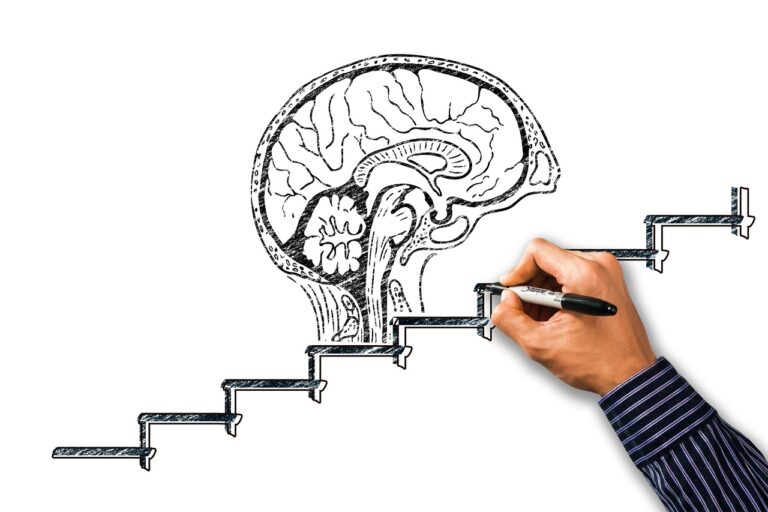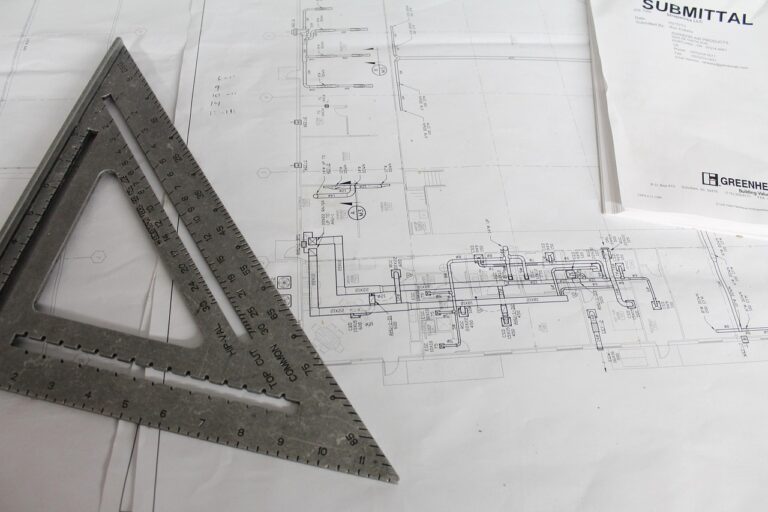The Benefits of Installing a Home Water Softener: Improving Water Quality and Appliance Longevity
One common issue that homeowners face is the buildup of minerals in their pipes and appliances. Over time, mineral deposits can accumulate and cause blockages, reducing the efficiency of water flow and potentially causing damage to the appliances. This buildup is often a result of hard water, which contains high levels of minerals like calcium and magnesium.
To address this issue, there are several steps that can be taken to reduce mineral buildup in pipes and appliances. One effective method is to install a water softener in the home, which can help to remove minerals from the water before it enters the plumbing system. Regularly cleaning appliances such as dishwashers and washing machines with a vinegar solution can also help to break down mineral deposits and prevent buildup. Additionally, using a descaling agent in pipes can help to dissolve any existing mineral deposits and improve water flow throughout the home.
Extending the lifespan of water heaters, dishwashers, and washing machines
Water heaters, dishwashers, and washing machines are essential household appliances that play a crucial role in our daily lives. To ensure these appliances have a longer lifespan, regular maintenance is key. One common issue that can impact the longevity of these appliances is mineral buildup caused by hard water. Over time, minerals like calcium and magnesium can accumulate inside the pipes and components of water heaters, dishwashers, and washing machines, leading to decreased efficiency and potentially costly repairs.
To combat mineral buildup and extend the lifespan of these appliances, consider investing in a water softener system. Water softeners work by removing the hardness minerals from the water supply, preventing them from accumulating in your appliances. Additionally, regular cleaning and maintenance of your water heaters, dishwashers, and washing machines can help prevent mineral buildup and ensure optimal performance. By taking proactive steps to address hard water issues, you can maximize the lifespan of your appliances and avoid unnecessary expenses in the long run.
Improving the effectiveness of soaps and detergents
Hard water can have a significant impact on the performance of soaps and detergents used in cleaning. The presence of minerals such as calcium and magnesium in hard water can form a residue that reduces the lathering ability of soaps and detergents, making them less effective in removing dirt and grime from surfaces. This can result in the need for using larger amounts of cleaning products to achieve the desired level of cleanliness.
By reducing mineral buildup in pipes and appliances through the use of water softeners or descaling agents, the effectiveness of soaps and detergents can be improved. Softening the water helps to maintain the integrity of the cleaning agents, allowing them to work more efficiently in breaking down and removing soils. This not only leads to cleaner surfaces but also helps to extend the lifespan of appliances such as dishwashers and washing machines by preventing mineral buildup within their systems.
How can reducing mineral buildup in pipes and appliances improve the effectiveness of soaps and detergents?
Mineral buildup in pipes and appliances can hinder the ability of soaps and detergents to properly lather and clean. By reducing mineral buildup, soaps and detergents can work more effectively.
How does extending the lifespan of water heaters, dishwashers, and washing machines benefit the effectiveness of soaps and detergents?
When appliances are well-maintained and have a longer lifespan, they can continue to effectively clean with the help of soaps and detergents. This ensures that the cleaning process remains efficient.
What are some tips for improving the effectiveness of soaps and detergents in daily use?
Some tips include using the appropriate amount of soap or detergent, choosing products that are suitable for the specific cleaning task, and ensuring that appliances are properly maintained to support the cleaning process.







